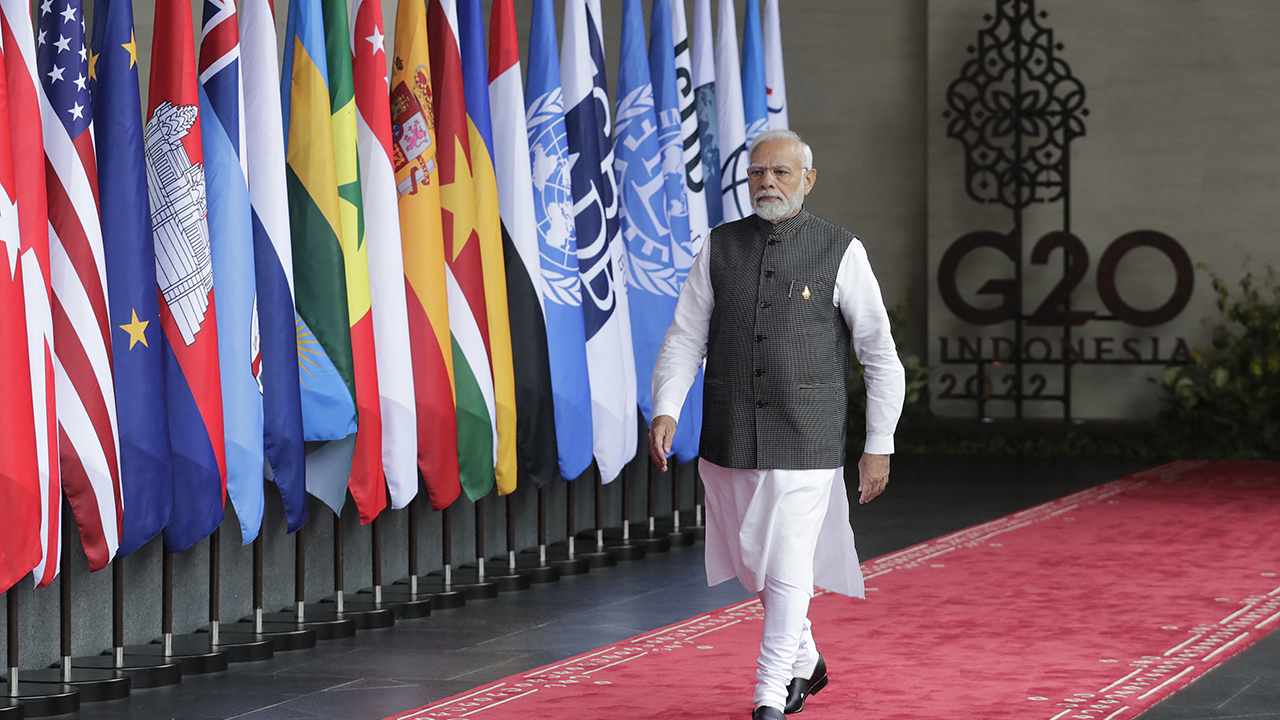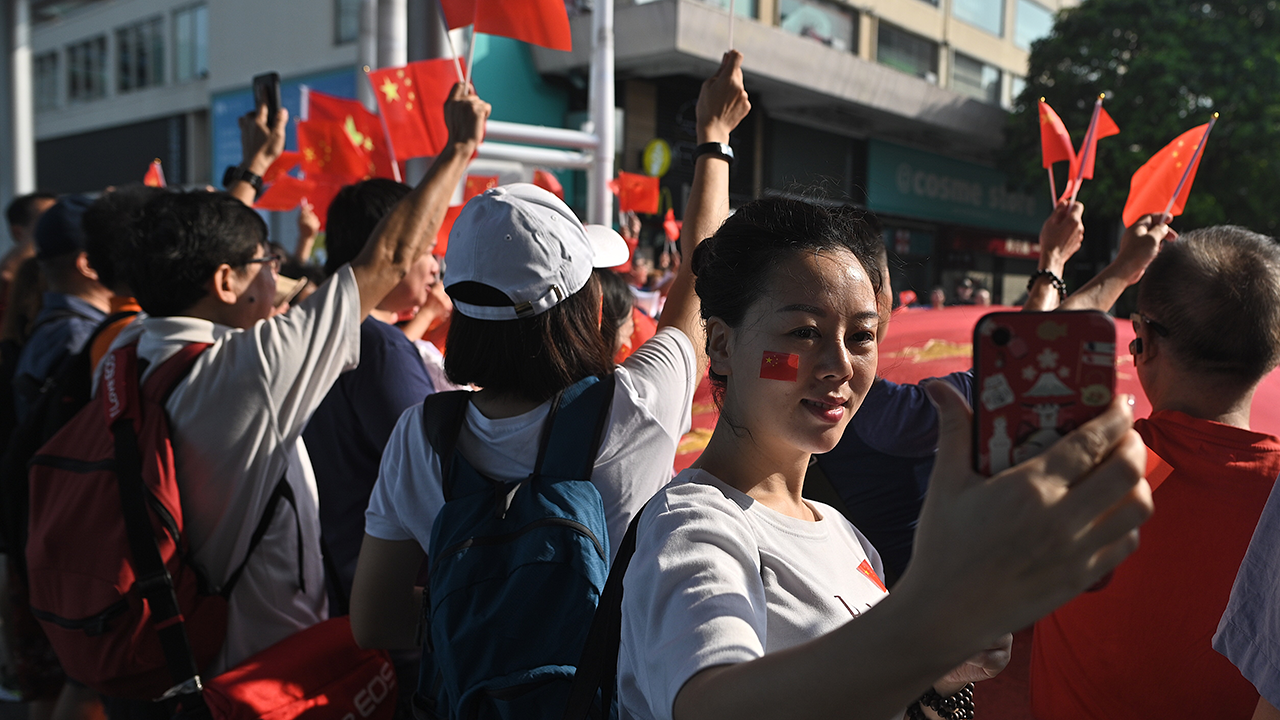
Berlin Wall’s fall marked the end of the Cold War for the American public
The impact of the “Fall of the Wall” on American opinions about the Cold War were as profound as the event was dramatic.
The impact of the “Fall of the Wall” on American opinions about the Cold War were as profound as the event was dramatic.
Since we began polling the Turkish people in 2002, never have more than three-in-ten held a favorable view of the U.S.
People in emerging economies are considerably more satisfied with their lives today than they were in 2007.
In recent decades, no incumbents from the 10 Latin American countries in South America have lost bids for re-election.
The public continues to support the U.S. military campaign against Islamic militants in Iraq and Syria. But most Americans say the U.S. military effort against ISIS is not going well.
Most people (58%) express little or no concern about becoming exposed to Ebola, though that is down from 67% in early October.
Survey Report Public concern about the spread of the Ebola virus in the U.S. has increased since early October. Currently, 41% are worried that they themselves or someone in their family will be exposed to the virus, including 17% who say they are very worried. In a survey two weeks ago, 32% worried about exposure […]
Prior to the most recent Ebola outbreak in the western parts of the continent, a median of 32% across the seven African nations polled feared infectious disease as the top danger. In the Middle East, the top danger is ethnic and religious hatred.
Our 2014 Global Attitudes survey in 44 countries asked which among five dangers was considered to be the “greatest threat to the world.” Many in the Middle East said religious and ethnic hatred was the greatest threat, while Europeans tended to choose inequality. Africans are more concerned with AIDS and other infectious diseases, while scattered countries, many with good reason, chose the spread of nuclear weapons or pollution and environmental problems as the top danger.
Publics across the globe see the threat of religious and ethnic violence as a growing threat to the world’s future, with concern especially strong in the Middle East.
Across 12 countries, a median of 40% of adults say they have no confidence in Indian Prime Minister Narendra Modi to do the right thing regarding world affairs. About eight-in-ten Indians have a favorable view of Modi.
Majorities in most countries say China does not take into account the interests of other countries in its foreign policy, and China does not contribute to global peace and stability.
Across 24 countries, large shares have an unfavorable view of Russia and no confidence in Putin to do the right thing regarding world affairs.
Overwhelmingly, people believe the U.S. interferes in the affairs of other countries, but most also believe the U.S. contributes to peace and stability around the world. U.S. President Joe Biden receives mostly positive reviews.








